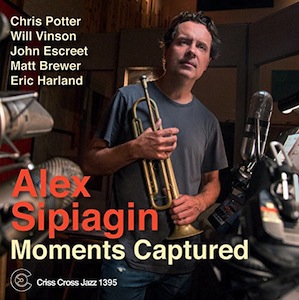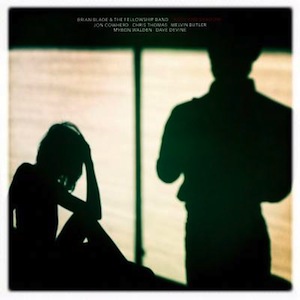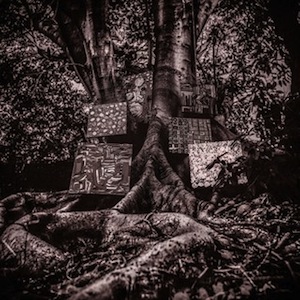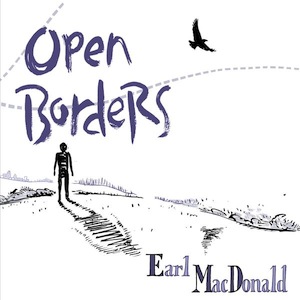Label/Year: Clean Feed, 2017
Lineup - Joe McPhee: tenor saxophone, pocket trumpet; Pascal Niggenkemper: double bass; Stale Liavik Solberg: drums and percussion.
Multi-reedist Joe McPhee, a respected artist of the New York free jazz movement, has been around for five decades, demonstrating that his procedures are filled with as much irreverence as freedom. Prolific and self-taught, he has been an influence for many adventurous musicians of multiple generations.
Imaginary Numbers, his most recent album on the Lisbon-based label Clean Feed, comprises three free-form improvised pieces recorded live at Jack in Brooklyn on December 13th, 2015. The musical content bursts with high-caliber sounds exerted by his robust international trio, which features the German-French double bassist Pascal Niggenkemper and the Norwegian drummer Stale Liavik Solberg.
They start off with “I”, an extended piece with almost 24 minutes, where McPhee starts by sibilating, squeaking, and holding discussions on the pocket trumpet, while the drummer is kept busy with erratic rim shots, programmatic scraping, and wet snare tonalities that feel enchantingly adherent. Passing through different moods and rhythmic variations, the tune benefits from Niggenkemper's beautifully jagged textures, whether bowing enthusiastically or projecting dried bass mechanizations through consecutive athletic plucks. Taking advantage of the solid rhythmic alliance of his associates, McPhee unleashes rough-edged saxophone attacks, occasional cutting shrills, and even some easy melody that was particularly reserved for the beginning of his improvisation and the tune’s the last section.
If the latter piece lets us identify some phrasal twitches of Coltrane, the following one, entitled “A Supreme Love” (an obvious dedication to the ‘giant’ and his masterpiece A Love Supreme), sounds pretty suggestive with McPhee invoking his idol, but also following his own voice, hurling mighty sonic waves with a heavy timbre. The tune starts with a variety of percussive sounds, from chimes to screeches to bass grunts, becoming a rhythmically spunky workout along the way and ending in a phantasmagoric pool of wails and creaks.
“Zero” closes the session, gradually evolving from a quiet percussive setting into a tempestuous sprawling of rhythm and tonality defined by cacophonous sax assaults on top of a dense carpet weaved by bass and drums. It all becomes playful and temperate by the end.
With a titanic obstinacy for sound exploration and a virtuosic spontaneity to create tense atmospheres, this powerhouse trio channels bulky transferences of energy into our ears.
Grade B+
Favorite Tracks:
01 - I ► 02 - A Supreme Love (For John Coltrane)








































